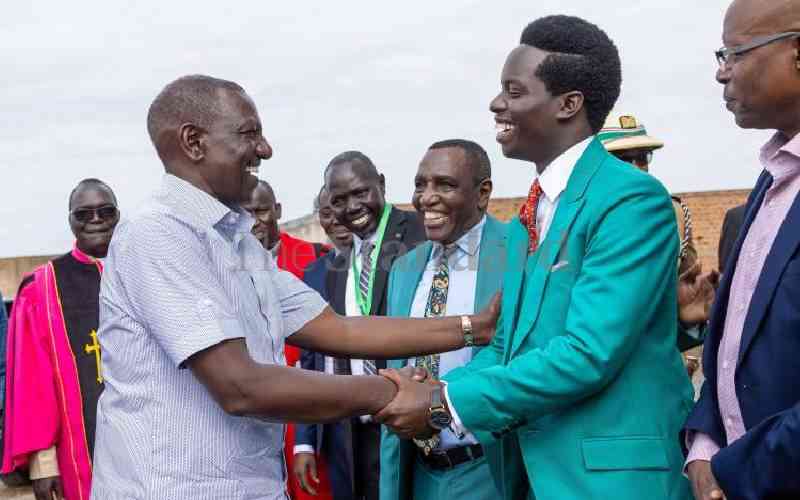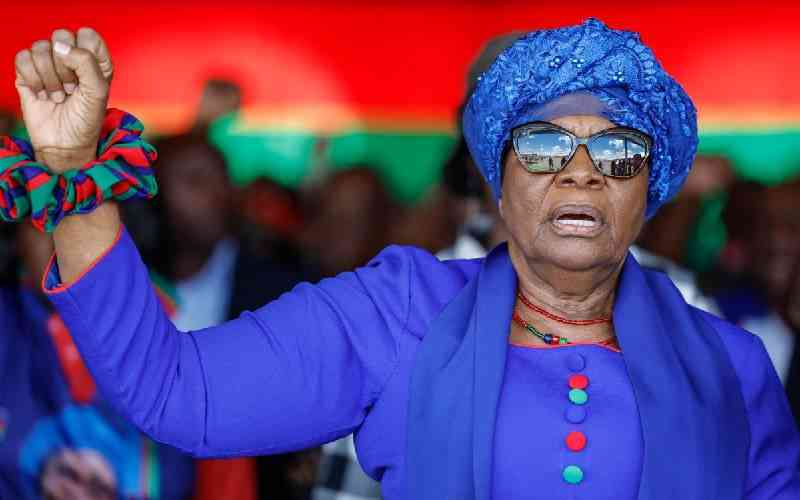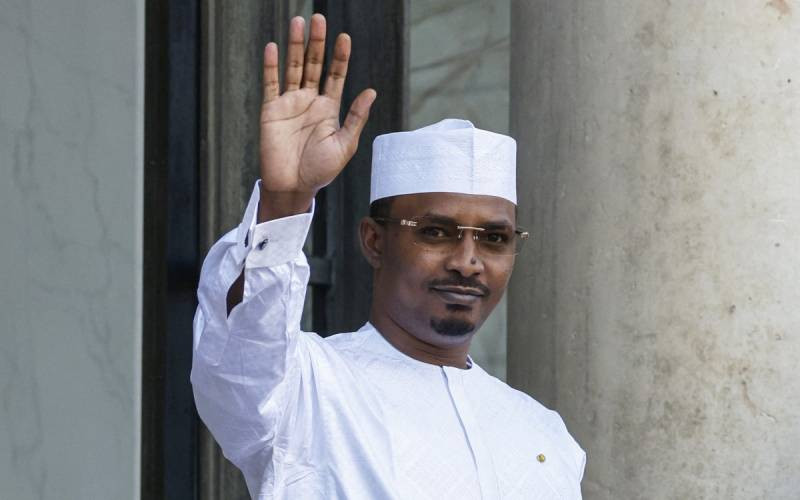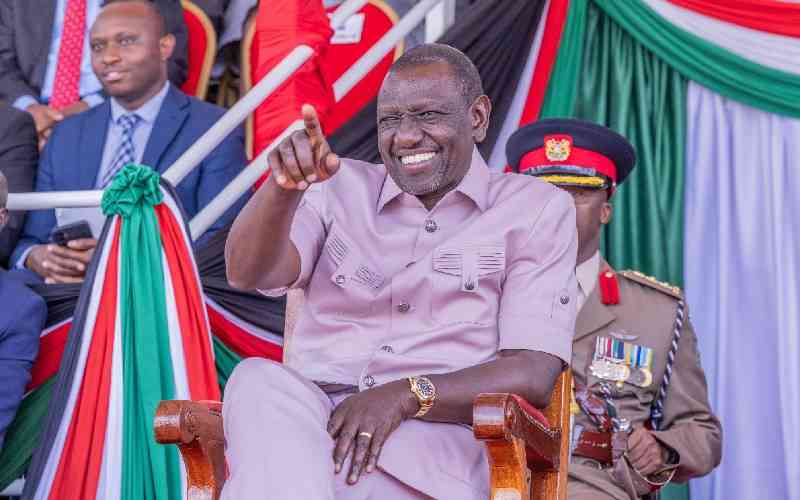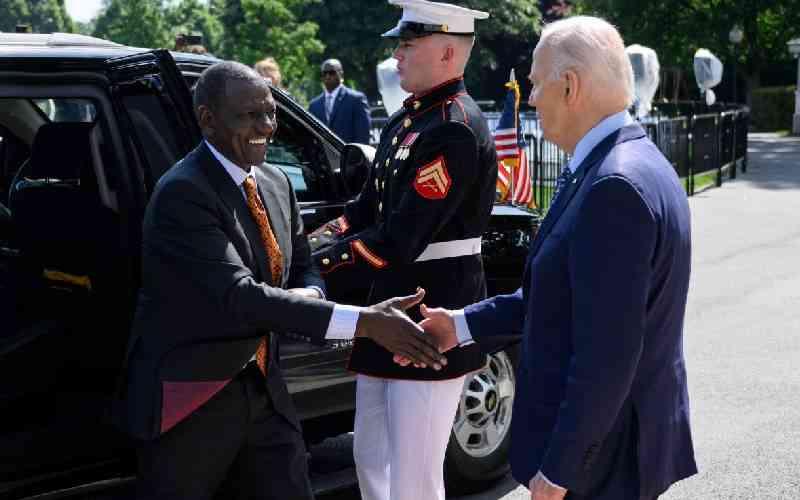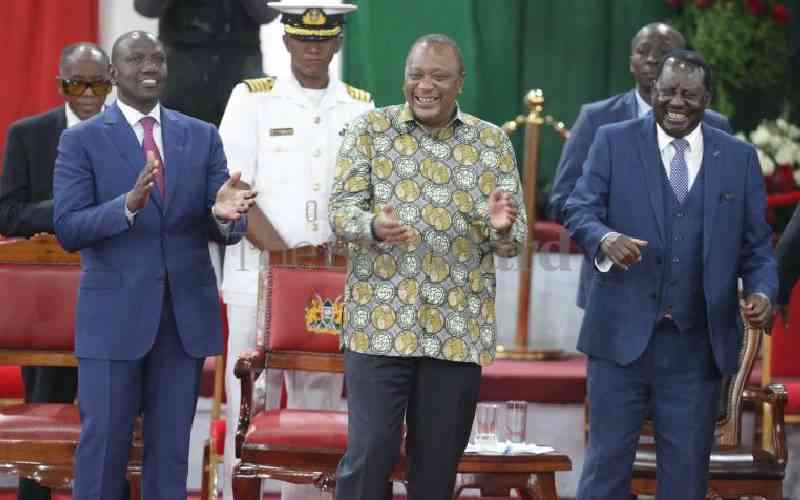Investigative journalism requires that reporters deeply scrutinize a single topic of interest, such as serious crimes, political corruption, or corporate wrongdoing.
It is the in-depth, long term research and reporting of new information that an individual or organization wants to keep secret.
This type of journalism in Kenya has seen few reporters venture into because of the challenges it presents. Among many, the challenges include witness protection, personal safety as journalists, legal regimes and the ethical requirements of carrying out the investigations.
On the positive side however, investigative journalism helps to contribute to accountability by those in authority, promoting good governance and democracy in society.
According to Africa Uncensored’s John Allan Namu, the space and tolerance for investigative journalism in Kenya is being clamped down by many factors including government and commercial interests.
He points out that stories are sometimes ‘massaged’ to suit certain images. With these and other factors in mind, the future of the genre of journalism is a bit obscured.
The challenges presented mentorship is required in order to develop the next crop of investigative journalists in the country.
With almost all universities producing journalist graduates each year, they need to be mentored and encouraged to take up investigative journalism.
With the likes of Jicho Pevu’s Mohammed Ali joining politics, there is need for more young journalists to take up the challenge, since the importance of investigative journalism in the country cannot be overlooked.
Part of what Africa uncensored does is to mentor young journalists to take up the investigative challenge and prepare them for what to expect out in the field doing actual stories. Similar to this program is Africa On Air’s Top Story challenge.
Top Story is a national mentorship programme for young journalists in Kenya aimed at improving the standards of journalism in the country. It takes the form of a TV show that features journalism competition for final-year media students from Kenya’s leading universities.
The weekly TV series, which runs on Kenya Broadcasting Corporation (KBC) teaches students the values and ethics behind good investigative journalism.
Its ability to reach a wide national audience also sends the message to the public at large about the importance of independent journalism in promoting development and ensuring accountability in Kenya. The show brings the students in direct contact with well-known and respected journalists in the country for practical mentorship.
Having trained journalists in its debut season last year who’ve been able to join the industry, Top Story continues the training and mentorship this year in its second season.
This year’s competition has seen 20 teams from 20 leading universities to be trained and given real-time challenges to do stories in the different parts of the country. At the end of the challenge, the best team will visit BBC studios in London but every team that participates will have enough experience to start off their careers.
Stay informed. Subscribe to our newsletter
Having learnt from the industry’s best including former BBC journalist Joseph Warungu the Top Story brainchild, John Allan Namu and other international journalists, the teams in TopStory Season 2 are well aware of the challenges present out in the field.
They are equipped with hands-on skills on reporting and the importance of 360 journalism. They also are informed on the importance of digital safety and how they can verify digital sources in the wake of fake news. This, they learnt from Philip Ogolla a digital media expert.
As the training and competition goes on we only hope that it produces the next crop of investigative journalists.
 The Standard Group Plc is a
multi-media organization with investments in media platforms spanning newspaper
print operations, television, radio broadcasting, digital and online services. The
Standard Group is recognized as a leading multi-media house in Kenya with a key
influence in matters of national and international interest.
The Standard Group Plc is a
multi-media organization with investments in media platforms spanning newspaper
print operations, television, radio broadcasting, digital and online services. The
Standard Group is recognized as a leading multi-media house in Kenya with a key
influence in matters of national and international interest.
 The Standard Group Plc is a
multi-media organization with investments in media platforms spanning newspaper
print operations, television, radio broadcasting, digital and online services. The
Standard Group is recognized as a leading multi-media house in Kenya with a key
influence in matters of national and international interest.
The Standard Group Plc is a
multi-media organization with investments in media platforms spanning newspaper
print operations, television, radio broadcasting, digital and online services. The
Standard Group is recognized as a leading multi-media house in Kenya with a key
influence in matters of national and international interest.


